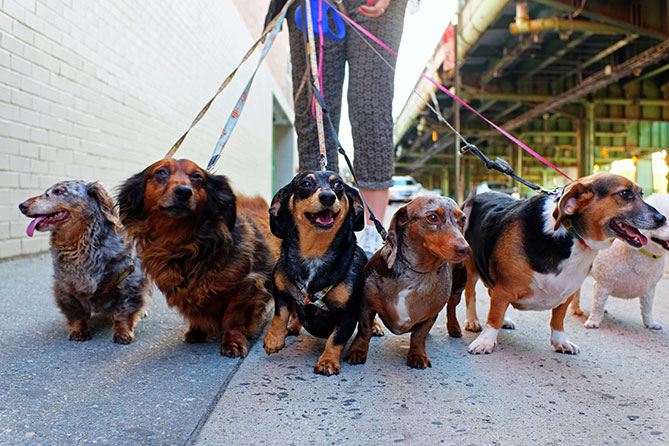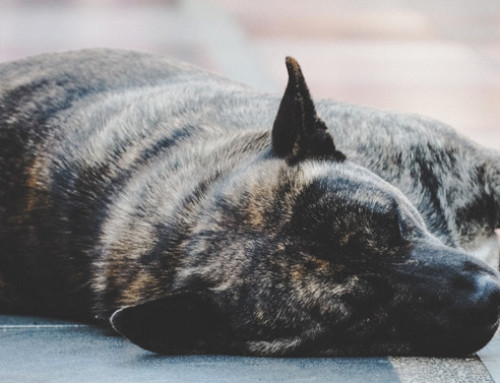Dogs, like humans also have a carbon pawprint, but there are many ways to raise a happy dog and still protect the environment. For example, there’s a wide range of preservative free dog foods around, and eco-friendly alternatives of pet products are gaining popularity. Whilst cost can be a factor, remember every little bit helps!
How to reduce your dog’s carbon pawprint
Adopting – adopting a rescue dog instead of buying a new one will lower the incidence of strays that can be harmful to wildlife, and hopefully eventually put those terrible puppy farms out of business.
De-sexing – helps to ensure the population of unwanted dogs is limited.
Cleaning up – use chemical free cleaning products, for example bicarbonate soda is a great natural cleaning alternative.
Scoop the poop – we have the privilege in many of our wonderful parks to allow our pets to run free. However it’s important to keep your eye out to make sure to clean up after your pet. Whilst dog poo can be very dangerous for young children as many parasites and diseases are transmitted through dog faeces, it also generates methane, a potent greenhouse gas, which gets released when it breaks down. Don’t forget to use biodegradable bags (which are often provided by the Council). You can even create a pet poo converter at home – a simple worm farm – which can make a great fertiliser for your garden. (But warning, not for use on food crops and preferably not a decorative garden either). For more information contact your council or local worm farm supplier.
Wildlife – make sure your pet does not attack various native animals, such as possums, lizards and birds. Create a safe haven by planting trees which gives them a corridor to travel through. Keep your dog on a leash in wildlife areas.
Tick and flea treatments – Unfortunately most of the treatments we have available to us today are chemically based, and possibly not good for our pet, as well as the environment. If you can find them try out products that limit chemicals. But whatever you do, remember to check every day to make sure your pet is free from these nasty parasites.
Shampoos – try paraben free shampoos and natural grooming products.
Waste – dispose of containers which have your pet products in thoughtfully. Recycle where possible, and remember that what you wash your dog with travels down the drain and out to sea.
Food – Just be including one or two organic products in your pet’s diet will reduce its carbon pawprint. You can also choose to prepare your dog’s food yourself, using Australian produce is another consideration, if you have the time. Buy Australian grown and made products to reduce your dog’s food miles.
Do you have any other ideas? Post them here!







Leave A Comment